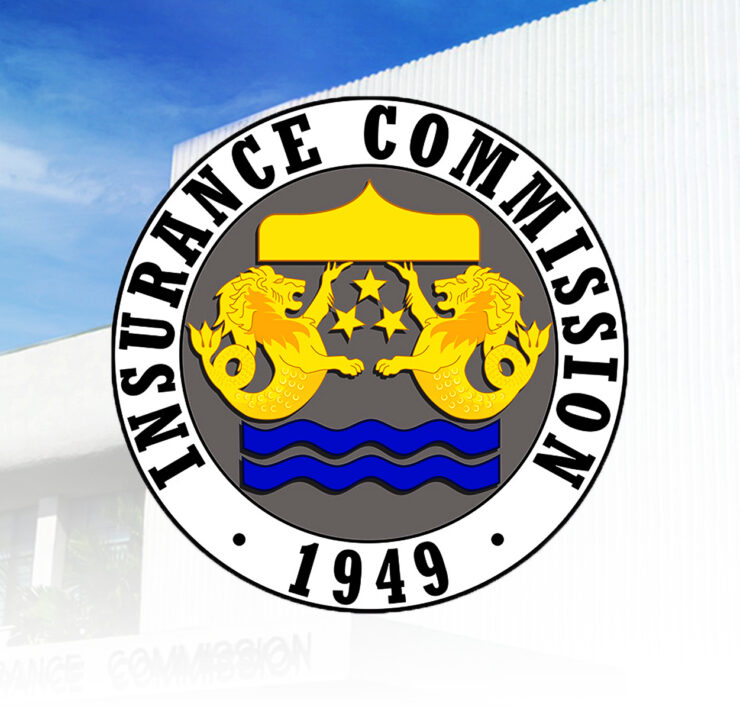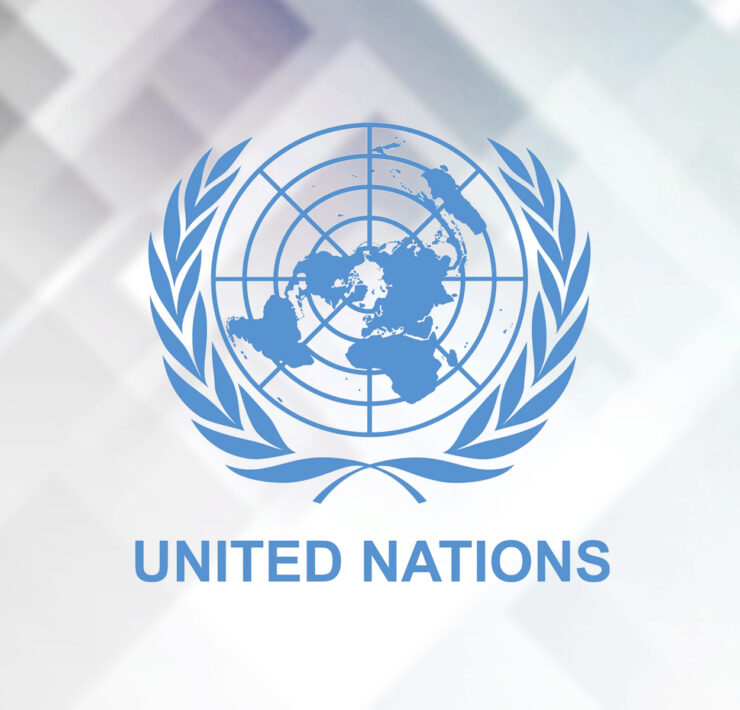BIZ BUZZ: Estonian tech eyed to fix PhilHealth

With President Marcos so gung ho about digitalizing the Philippine Health Insurance Corp. (PhilHealth) within his term, his lieutenants are searching for a tried-and-tested model to emulate.
With the local health-care system chronically grappling with fraud, it’s an urgent national concern.
That search has led the team to Europe.
Biz Buzz learned that the government is sending a high-level delegation to Estonia, that Northern European state that is well-known—aside from its well-preserved medieval castles—for robust e-government services and startup culture.
No less than the World Health Organization (WHO) cites the digitalization of Estonia’s health claim process as a good example for newbies.
The Philippine delegation will include top representatives from PhilHealth, Department of Information and Communications Technology (DICT) and Department of Foreign Affairs, DICT Secretary Henry Aguda confirmed to Biz Buzz.
They are scheduled to visit Estonia from Aug. 16 to Aug. 18.
“We want to learn about their cyber digital health and education,” Aguda replied to our query.
Since 2008, the Estonian National Health Information System has connected health-care providers nationwide and securely stored patients’ medical data in one centralized platform.
Imagine having more than 40 million health documents—visit summaries, referrals, lab reports and procedures—efficiently collected and stored. This gives health-care professionals a complete picture of each patient’s health journey.
Estonia is also linking genomic information with health records. Many of its citizens contribute their genetic data to advance precision medicine. The goal is to offer more accurate diagnoses and personalized treatments tailored to each individual’s DNA.
Estonia started this digitalization initiative two decades ago. The Philippines has a long way to catch up, but it’s better to start late than never.
WHO notes that digitalizing claims will open up many opportunities to optimize other purchasing related tasks: contracting, contract and performance monitoring, provider payment method setting or automated controls.
By minimizing—if not eliminating—human intervention, digitalization of processes in government institutions, especially those with a checkered history like PhilHealth, is the way to go.





















